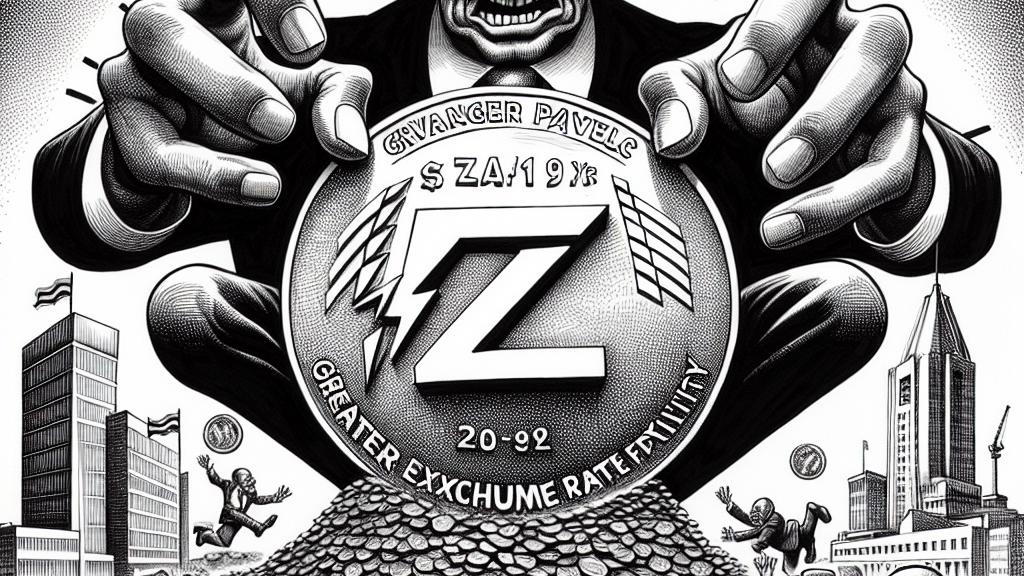Zimbabwe's Currency Devaluation: Analyzing the Economic Impact
Overview
- Zimbabwe's central bank's shocking 42% devaluation of the ZiG has ignited widespread concern and uncertainty in the economy.
- The re-emergence of hyperinflation evokes painful memories, fostering a growing distrust among its citizens.
- As living costs soar, Zimbabweans are forced to swiftly adapt to the tumultuous shift surrounding the new currency.

Stunning Currency Devaluation
On September 27, 2024, Zimbabwe's economic landscape faced yet another upheaval with a staggering 42% devaluation of the Zimbabwe Gold (ZiG). The central bank jolted the market by adjusting the exchange rate from 14.1 to 24.4 ZiG per US dollar almost overnight. Governor John Mushayavanhu touted this action as a necessary move toward 'greater exchange rate flexibility;' however, it starkly signals deeper systemic issues within the country's monetary policy. This significant adjustment is not merely a number on paper; it is Zimbabwe's sixth attempt to stabilize its currency in a mere 15 years, symbolizing the ongoing battle against financial instability that the nation has been grappling with for far too long.
Daily Struggles of Ordinary Zimbabweans
Amid this economic turmoil, everyday Zimbabweans are left reeling. For instance, many shops now refuse to accept old currency notes, thrusting customers into a confusing and frustrating predicament when purchasing essentials. Picture the life of a single father, Tendai, who before could buy groceries for his family with ease but now must spend nearly triple what he did just weeks ago. The lingering shadow of hyperinflation, which peaked at an unimaginable 79.6 billion percent in 2008, reignites fears and anxieties among the populace. As prices for basic goods surge, families find their savings quickly dwindling, leading to a heightened sense of urgency and despair in the race to provide for their loved ones.
Navigating Toward Recovery: Future Prospects
However, amid this chaos lies a glimmer of hope. If Zimbabwe can seize this challenging moment as a catalyst for meaningful reforms, the future might not be as bleak as it appears. The viability of the ZiG does not solely rely on the strength of its gold backing, but rather on the government’s commitment to address longstanding issues like corruption and fiscal irresponsibility with vigor and transparency. While some experts speculate that this currency devaluation could eventually enhance export potential and attract foreign investment, these outcomes hinge on steadfast and innovative policy implementations. As Zimbabweans navigate through these turbulent times, one pressing question remains: will their leaders muster the will to break the cycle of economic failures, or will the nation be haunted by past mistakes for generations to come?

Loading...